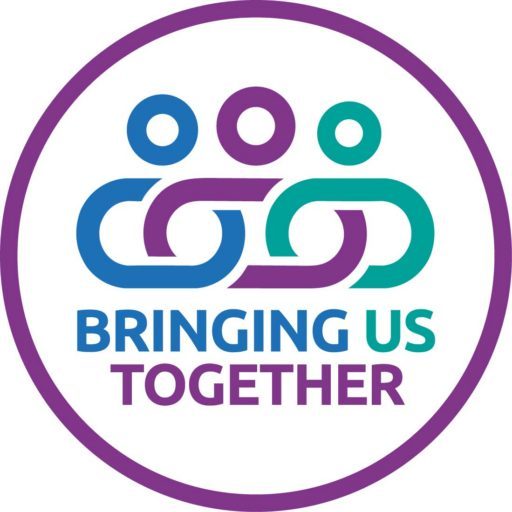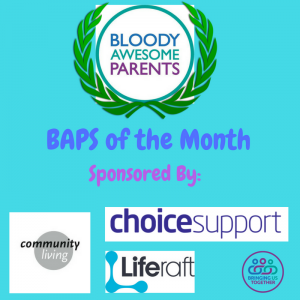D is for: A to Z of Emotional Health & Wellbeing
To continue in the emotional wellbeing A-Z here are the D’s of emotions and wellbeing.
As I go through the alphabet I am noticing how many crossovers there are for how our core emotions affect us and how easy it can be to confuse how we feel about things that happen to us and to others. How we can react and respond to other people’s pain and suffering like it has affected us personally. This is something that can be particularly true of our young people, that sense of injustice that they portray when something happens outside of their control.
D is for:
D is for Decisions – Can be a make or break of emotional wellbeing. I have noticed how people often don’t want to be the one to make a decision or how there are some people who become the decision maker – taking control of situations. There will be many reasons for this but if you look at it as a behaviour rather than a personality type it can become interesting. 
What is your or someone else’s behaviour telling you? The person that doesn’t make decisions, are they afraid of something? Of making a wrong decision, of people being upset by the decision made, there could well be many many reasons. The person that jumps in to make all the decisions – what is going on there, could they equally be afraid of something, a fear of not knowing, or of needing control again? There could be many reasons. Ask yourself how easy is it for you to make personal decisions for yourself, not ones for family but those that directly affect or impact you as a person. You may be surprised.
Dejection – I like the word dejection, it sounds almost clicky when I say it, however the feeling it can leave a person with is less appealing. Maybe not a raw as rejection or impactive as a clinical depression it does fall somewhere in-between, feeling dejected is something I wonder that many of our young people with additional needs might encounter more frequently than other people. It is described as a ‘lowness of spirit’ an inability to enjoy life. I am not suggesting that our young people with additional needs don’t enjoy life, but I wonder if it is a feeling that might affect them more because they can have more difficulties making sense of the world, which can make understanding people and situations tricky. If we could make the world a more accepting place then I am sure this feeling would be much less impactive.
Dejection in itself is one to be aware of as feeling of ongoing dejectedness could lead to a person becoming depressed. As with most feelings, it is about learning about them, and the impact they have that gives us an element of choice over how we respond to situations. If we are not aware then feelings take over how we think act feel and respond which is why awareness really can be key.
Delight – Well it was the only ‘happy’ emotion I could find beginning with D – If you know of any then do please add to the post comments. Delight is a less and less often used word to describe feelings. Although it is often used in invitation RSVPs and when writing to successful job applicants. Do people genuinely experience feelings of delight or is a bit of a forgotten emotion? An emotion that has been left behind – I’d be delighted to know what you think?
Disappointment – A real tummy turner this one – Like criticism, who like the sensation of feeling disappointed – I am imagining the feeling of disappointment as I write this and it really does quell up some really strong physical sensations – Stomach churning, head swimming, sadness, anger, projection onto another person (because the feeling are too difficult to process) All great thing to be aware of if looking after your emotional wellbeing. If you don’t know what physical reaction an emotion gives you then it can become almost impossible to deal with it effectively. Evaluate what happened after the feeling passes, use your skills of reflection to ask yourself ‘what happened there’. You won’t be ‘opening a can of worms’ if you do as it’s worth remembering the can is already exposed, we just might be choosing not to look. If it is too difficult to deal with then start small and build up – The experience of disappointment can be a great resilience builder.
Depression – A real and often difficult illness for the individual and families to deal with. There are many split opinions on depression, with some people choosing to ignore all the clinical evidence and decide for themselves that depression is a made up illness – sadly although ignorance isn’t an excuse, these opinions can impact on a person’s recovery – If they believe what they hear then they may feel they just have to get over it, which we know is clearly not the case. Counselling combined sometimes with pharmaceutical intervention is often the way to support someone with a clinical depression, and just being there for them. Let them know you are thinking of them even if there is nothing you can physically do to help – Believe them when they tell you how they feel. This in itself can go a long way to provide support and accept that it may take months to begin to feel better again.
Disgust – A powerful and judgemental emotion – Often projected on to others and without awareness of the person dishing it out – Don’t get me wrong there are times when disgust can be the only fitting emotion but having awareness and ownership of the emotion is key. One thing that will evoke a feeling of disgust in myself is watching someone eat something that I know I could never ever try, I have quite a sensory limited diet and seeing someone put something slimy in their mouth will not only cause me to feel disgusted by have me gagging too – The difference is that I know now it is because I cannot bear the thought of eating something slimy and not that I am disgusted by another person – I am owing my emotional reaction and process.
Detection – This is great for emotional wellbeing – look beyond what you see and become a detective, for yourself for others, it doesn’t matter. If there is someone or something bothering you about your own or another person’s behaviour then rather than react you can respond – you can take time to have a think about what is happening and decide what happens next – As an adult you have the power to decide for yourself how to respond, no one else! Be your own detective
Drama triangle – Have many of you heard of the drama triangle – A Transactional Analysis theory devised by Stephen Karman. It will inform/teach you how to avoid experiencing difficult situations and people. I think the drama triangle is a fascinating concept of human interaction which most of the time leaves people unhappy with their interactions with others or, more often helpless to do anything about them.
A much better concept is the Winners Triangle – a method that is solution focused and helps relationships develop and become successful. Taking responsibility for self and enabling others to take responsibility for themselves.

So, do you know of any positive emotions starting with the letter D? What do you think of when you see D is for? Let us know in the comments below.
Debs is one of the co-founders and Directors of Bringing Us Together. She is mum to three child with a variety of SEND and has a great husband.








Dignified – I think that you can feel dignified – that you have acquitted yourself well and feel good about yourself? Dutiful – you can feel dutiful – that you have done the right thing according to your beliefs ie not just fell in with those around you. Maybe done something because it is the right thing to do rather than the thing that gives you immediate satisfaction.
I just cheated and did a search: came up with desire and discovery! http://idyouremotions.com/list/nouns+e/
Brilliant. Thank you.